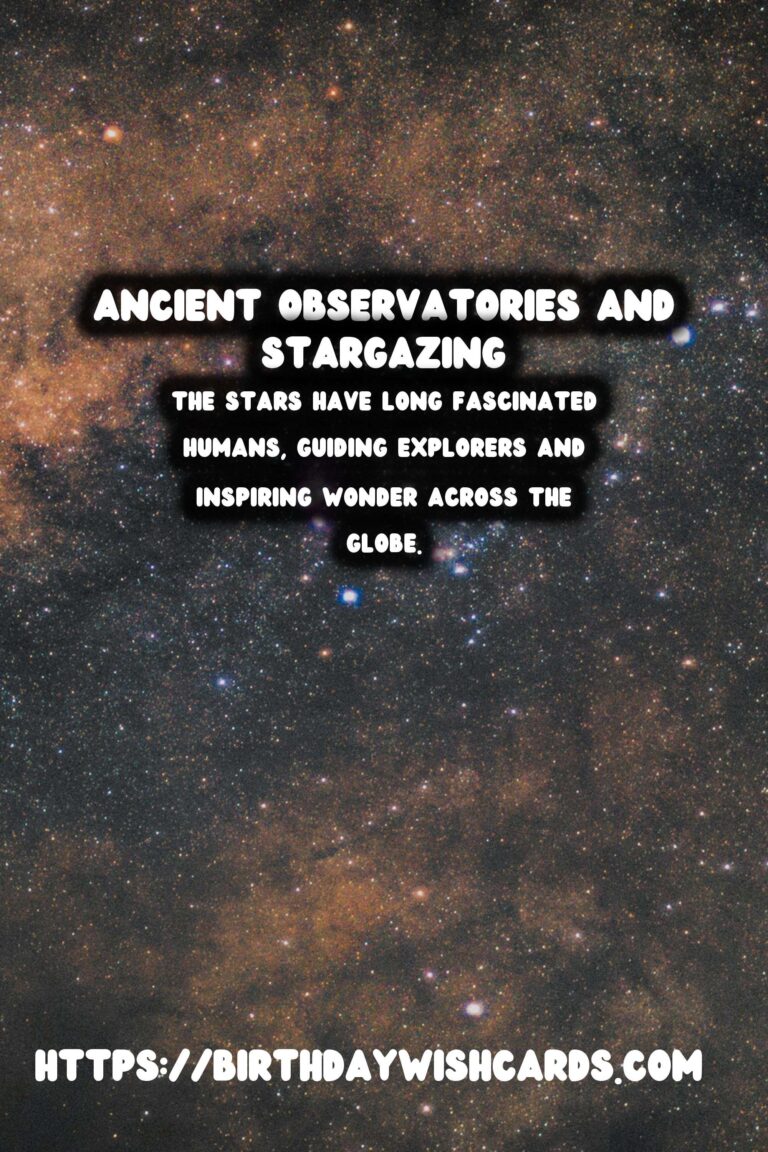
The stars have long fascinated humans, guiding explorers and inspiring wonder across the globe. The history of astronomy is as old as humankind itself, with ancient civilizations meticulously watching the skies, seeking patterns and understanding the cosmos. From early stargazers to the first astronomers, the evolution of astronomical thought offers a captivating glimpse into human ingenuity.
Early Observations: Humanity’s First Astronomers
Astronomy originated from the need to track time and navigate. Ancient cultures relied heavily on celestial events to dictate agricultural practices and social rituals. The knowledge of the sky was essential for survival, dictating when to sow and reap and guiding seafaring journeys.
Ancient Civilizations and Their Observatories
Stonehenge: This iconic structure in England is believed to have functioned as an ancient observatory. Its alignment with the midsummer sunrise reveals how prehistoric people used architectural precision to track celestial events.
The Pyramids of Giza: In ancient Egypt, the pyramids were constructed with such astronomical precision that their positions are aligned with the cardinal points. The Egyptians revered the stars, evident in their alignment of temples and monuments with celestial bodies.
Chichen Itza: The Mayans built the El Caracol observatory around 1000 AD. This circular building, often called ‘The Snail’ due to its spiral staircase, was used to observe the stars—crucial for their calendar system.
Early Instruments and Methods
Before the telescope, ancient astronomers used rudimentary yet ingenious tools to study the heavens. The astrolabe, a device that allows users to locate and predict the positions of celestial bodies, was used extensively by Islamic scholars during the Middle Ages.
Similarly, sundials became the world’s first timekeeping instruments, allowing people to measure the passage of time using the sun’s shadow.
Significant Contributors to Ancient Astronomy
Ptolemy: A Greco-Roman scholar whose works would dominate astronomical thought for over a thousand years. His model of the universe placed Earth at its center, influencing medieval Europe’s astronomical perspective.
Hipparchus: Often credited as the founder of trigonometry, Hipparchus developed the first known star catalogue, which would become invaluable for subsequent astronomers.
The Impact of Ancient Astronomy on Modern Science
Ancient astronomy laid the groundwork for modern scientific inquiry. As technologies advanced, so too did humanity’s understanding of the universe. The meticulous records kept by ancient astronomers have provided a foundation for contemporary astrophysical research, allowing present-day scientists to chart the cosmos and imagine the universe as it was eons ago.
In conclusion, the story of ancient observatories and stargazing is a testament to the curiosity and resourcefulness of early humans. Their dedication to understanding the skies is still reflected in modern astronomical pursuits, reminding us of our shared quest for knowledge and our connection to the universe.
Continuing the Journey
Humans have transitioned from using the stars for navigation and agricultural planning to exploring the cosmos on grander scales. Today, advanced telescopes and space probes gaze into the depths of space, continuing the legacy of ancient astronomers who first gazed with wonder and curiosity upon the night sky.
The stars have long fascinated humans, guiding explorers and inspiring wonder across the globe. The history of astronomy is as old as humankind itself, with ancient civilizations meticulously watching the skies, seeking patterns and understanding the cosmos. 
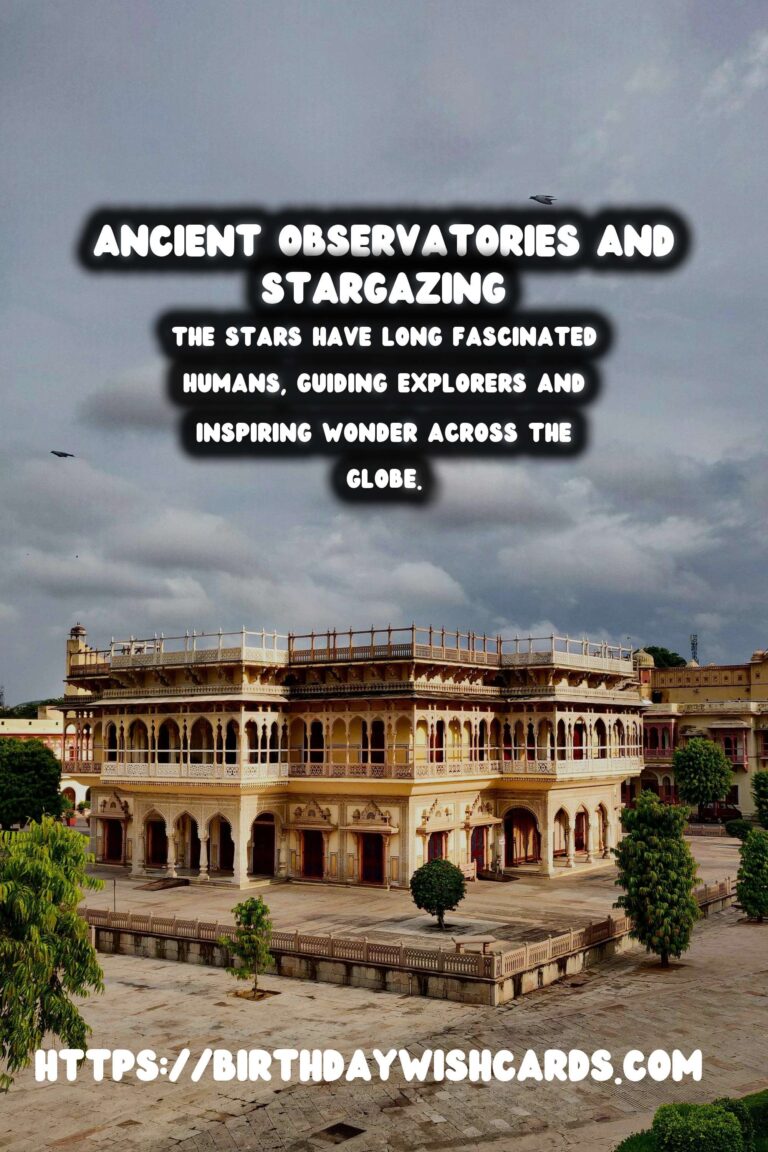
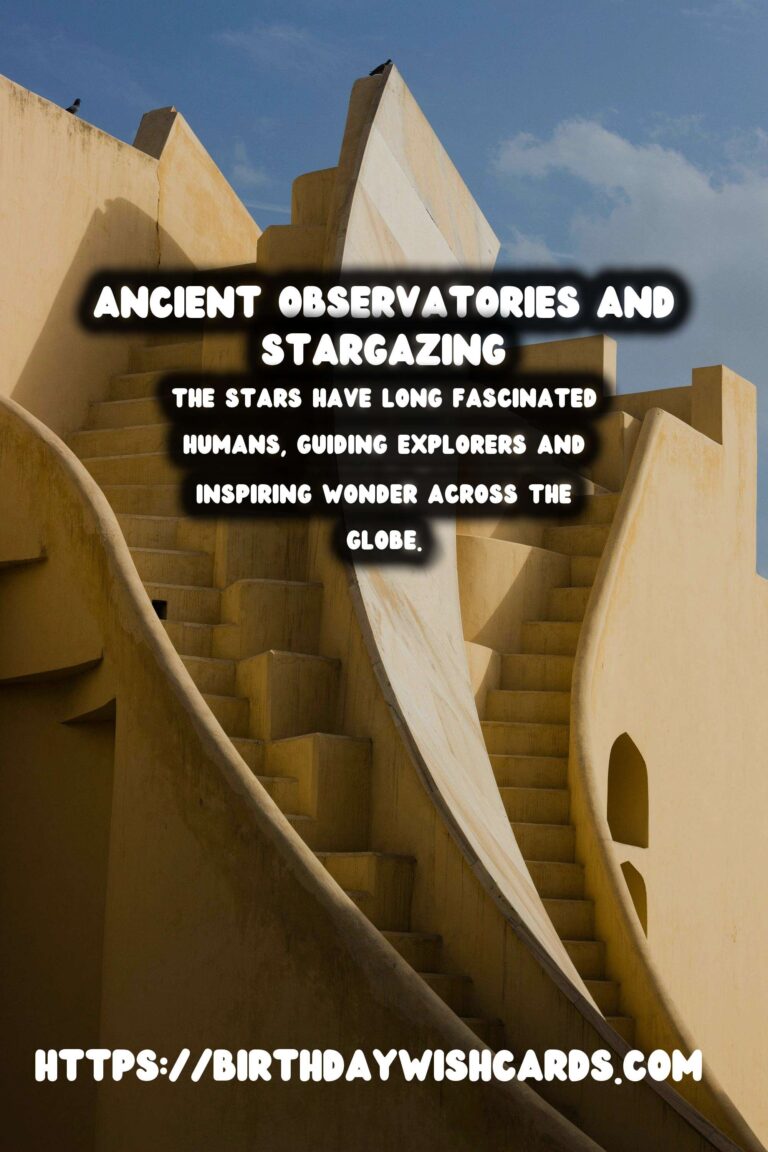
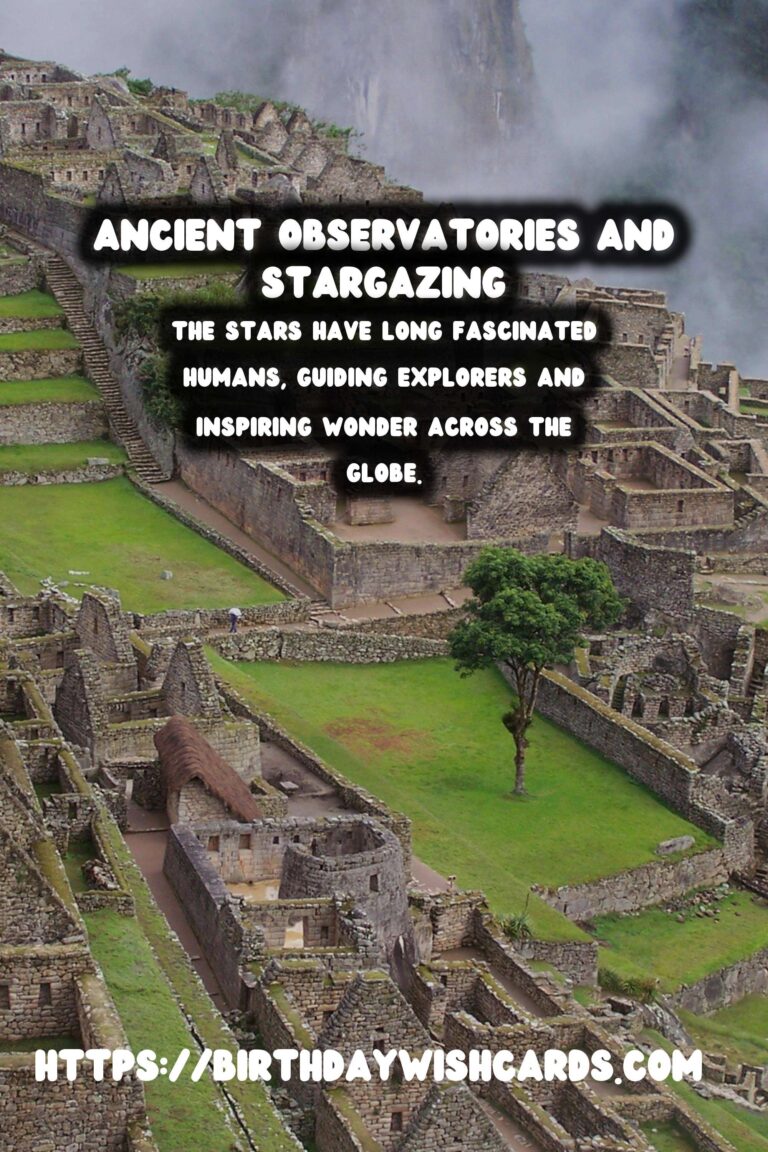
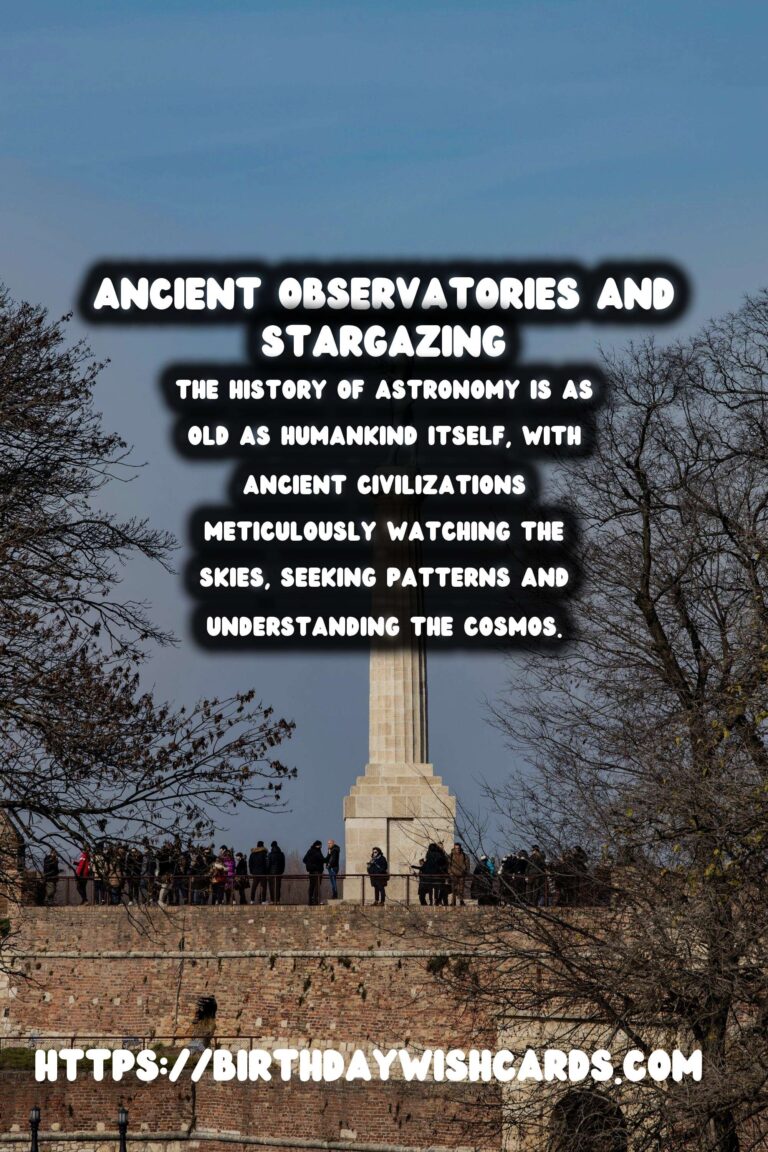
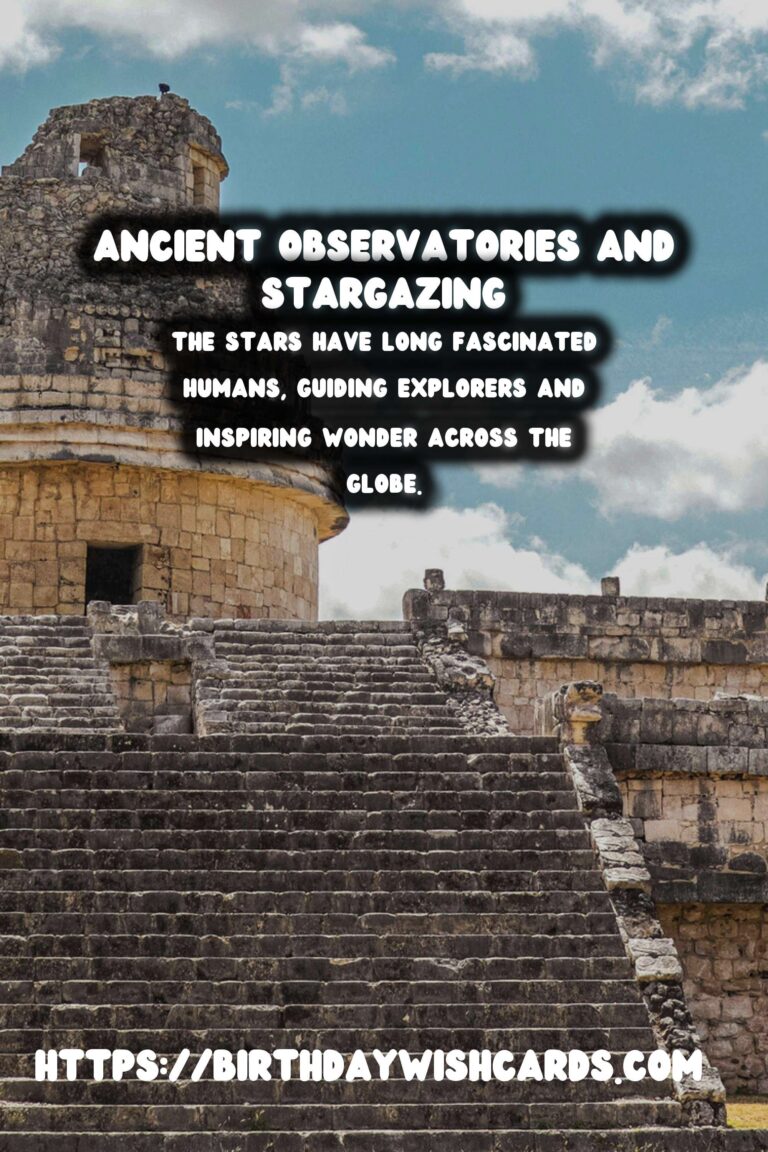
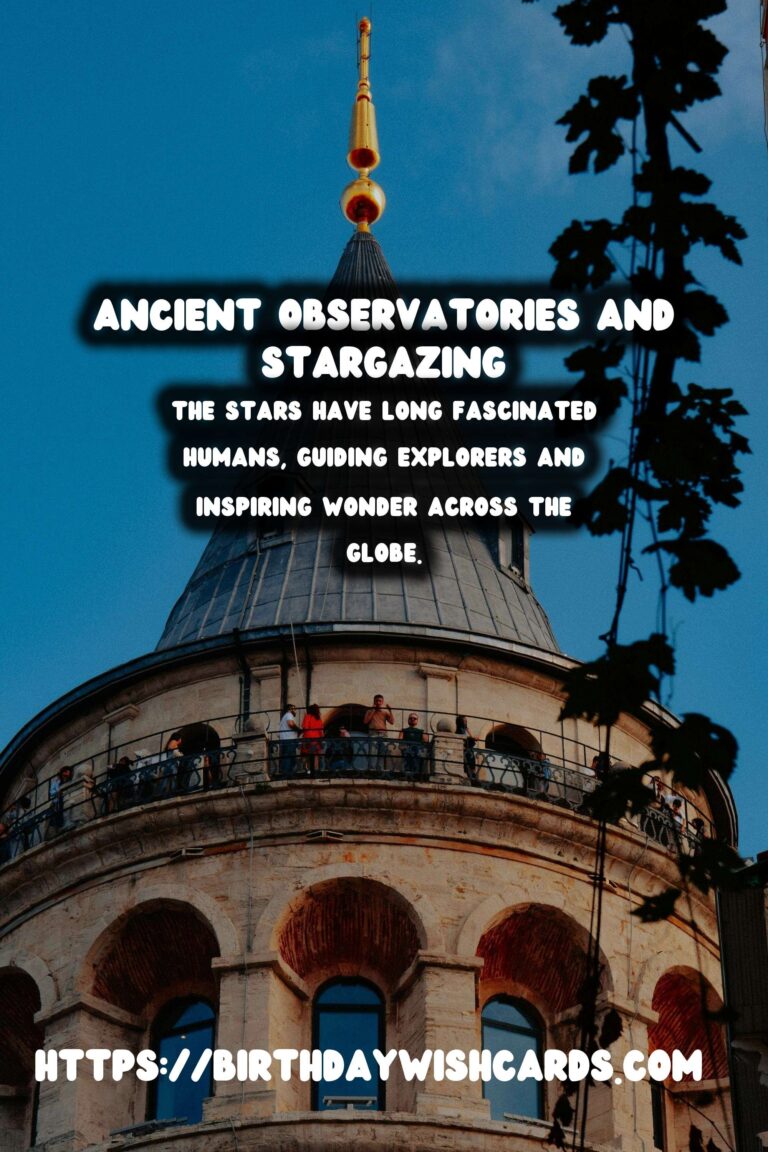
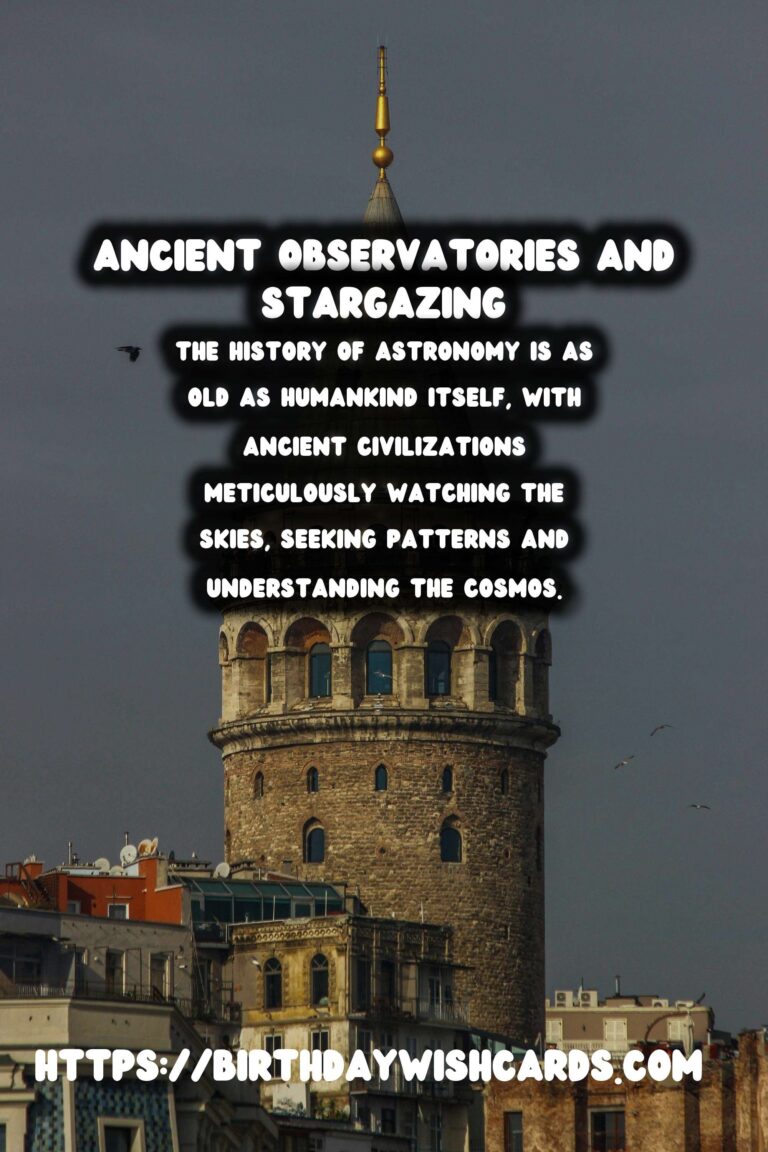
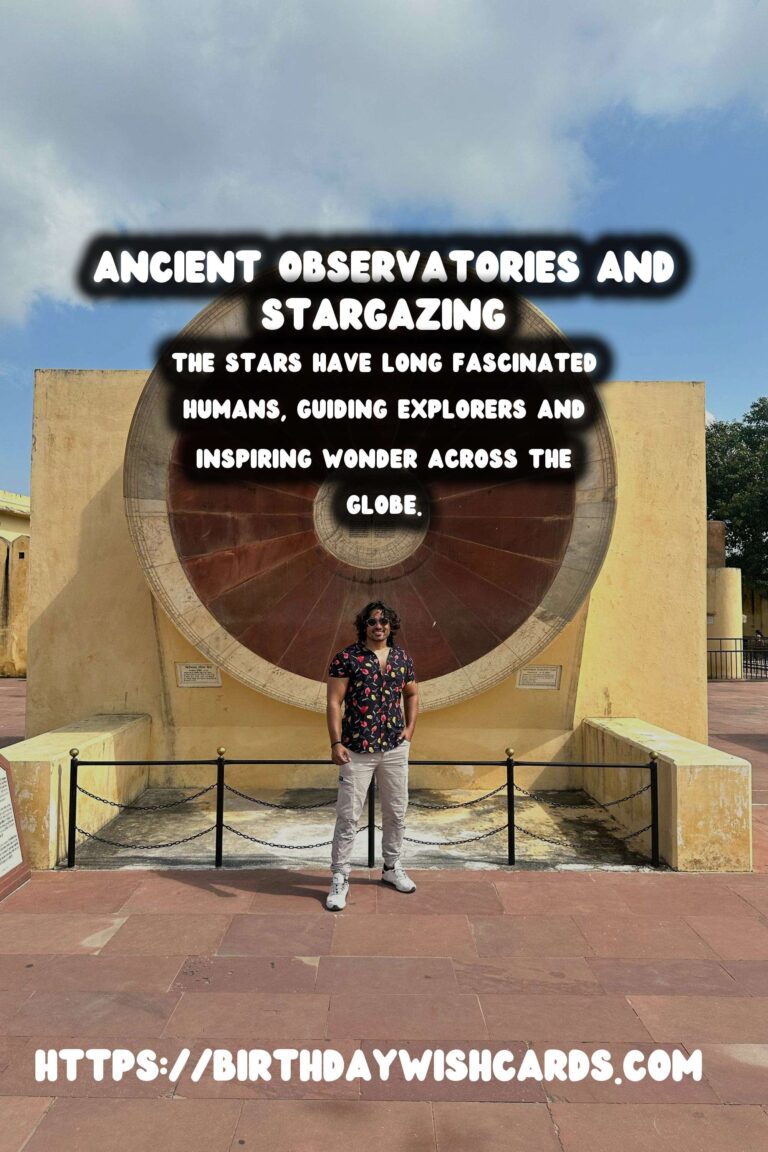
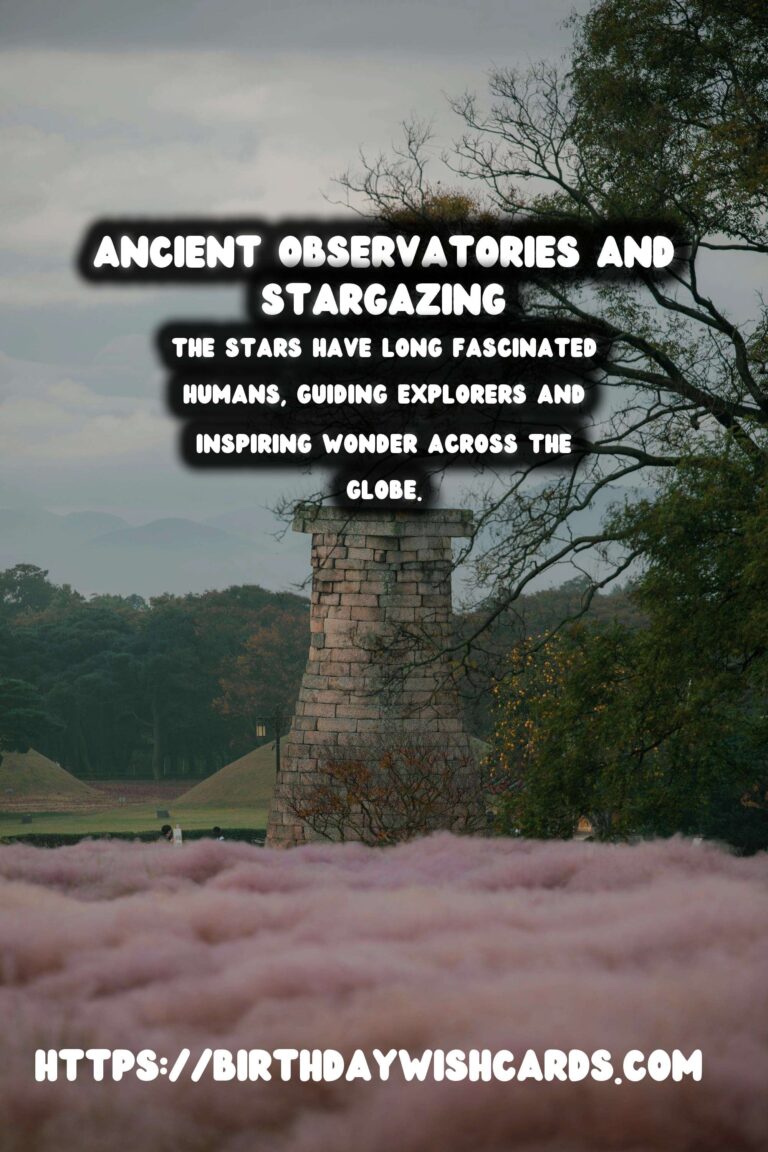
#astronomy #stargazing




